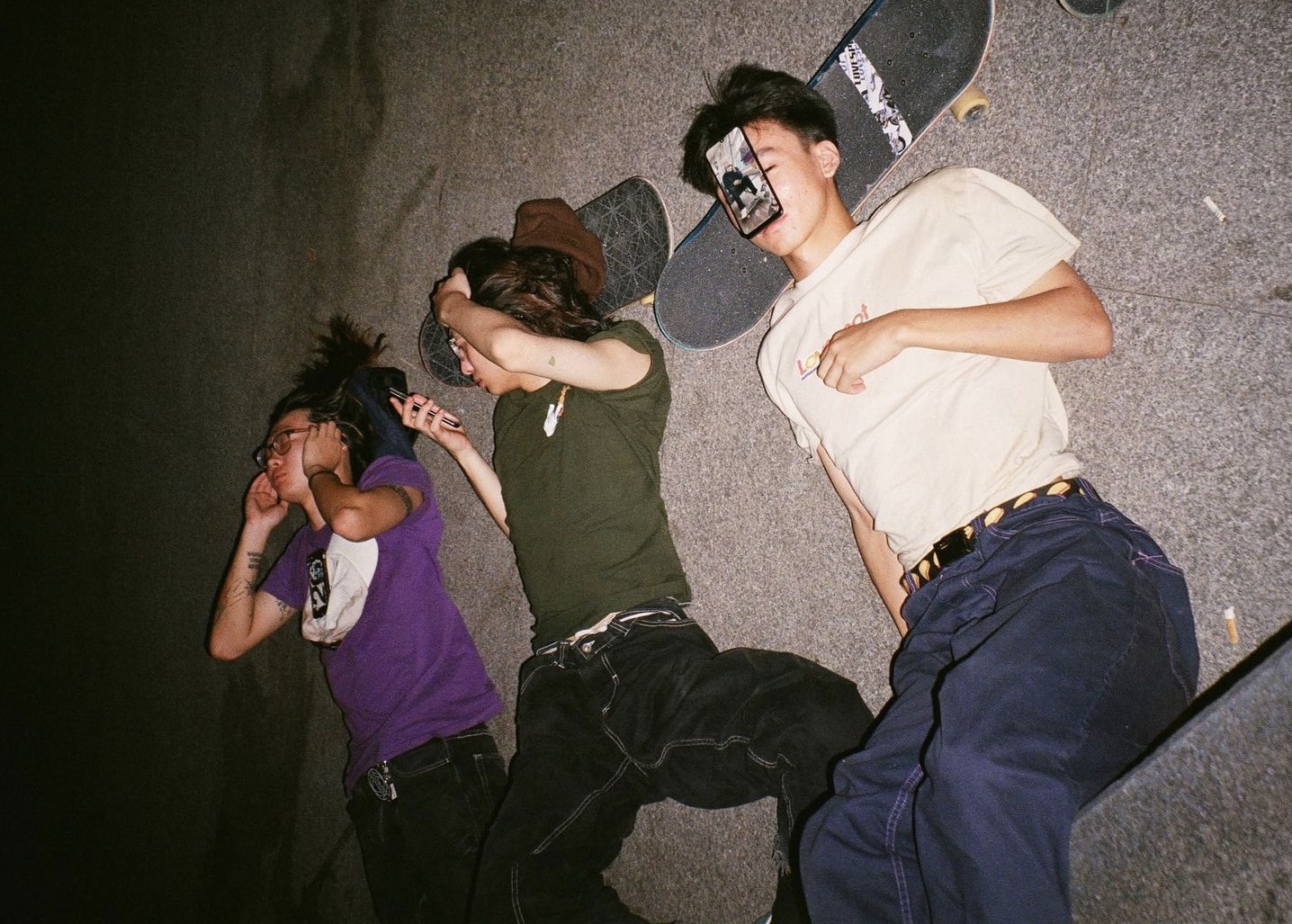On being a dirtbag
Why the gross, unappealing, and vulgar aspects of your existence should be cherished.
In the distant recesses of my memory, I recall being in the kitchen of my apartment and feeling delighted when my roommate told me with a smirk that I was a “dirtbag”. In a place and time where we are perpetually hung up on the maintenance of images, there is great value in recognizing the ways that we are vulgar, confused, and rough.
The 1999 song “Teenage Dirtbag” by Wheatus describes a relatable narrative of being young and feeling virtually invisible, with the repetitive chorus stating that the singer sees themselves as, “just a teenage dirtbag”. In the daily motions of young adult life, each of us are the protagonists of this song.
As a means of social survival, young people tend to adopt a fundamental self-fixation, one that carries much anxiety with it. Social media does little to help with this: we want to embody the aesthetics, ideas, and kinds of beauty that we repeatedly consume. We take time to curate an image of ourselves that meets the standards of having the kinds of charisma to be remembered, be part of a group, or to maybe be something beautiful. Like peacocks, we spend our time on a display for others to see, symbolic of how we have the ability to sacrifice functionality and still survive, proving that we are desirable.
But what about the rough edges? I think of the most beautiful people I know, and how their grime and visual lapses in aesthetic hint at a rich inner life. You, with the small spider tattoo on your thigh, faded and interrupted by scars you placed there. You, who has a plain and tattered backpack, juxtaposed by the motorcycle jacket worn underneath. You, with the red sneakers that are, at this point, more a social courtesy than shoes.
There’s a strange intimacy then, in the recognition of something that seems out of place, excessive and odd. It’s as if their humanity is poking through. Even though many of us feel our social reputations and future life opportunities could be tarnished by having a little vulgarity slip, I think it’s quite the opposite. The willingness to be a dirtbag is to not turn away from all the childish, faulty, offensive, and needy parts of oneself, both inside and out. By seeing these parts of ourselves, we see them in others.
By boldly letting bits of our grime show we silently signal to others that they too are safe to do so. In living this ideology of acceptance, we practice a kind of self-compassion where no part of us is wrong or bad, though some parts are less palatable than others. This compassion, when started internally, can bleed out into our worldviews and interactions. Perhaps we can learn to see that another’s public display of something we deem inappropriate is deeper than it seems.
Perhaps it is simply one of these vulgar parts of self that has been boxed in so tightly that it only finds expression in these occasional outbursts. By confronting our own vulgarities and validating them, we create more space for the acceptance of others and their oddities. If you are willing to be moved by the world, to get your hands dirty, you reap all the benefits of true engagement with reality on its terms.
When you are willing to fall, to see the ways in which you are pathetic, you begin to see that everybody else is just trying to find their place in the abstraction. Your receptivity acts as a beacon, and those who have also come to terms with all the ways they are backwards can find great comfort in knowing you both are teenage dirtbags. By embracing that we are foolish and stumbling, we just may attract someone who is lame in the same core ways we are, and there lies real connection, in the sharing of humiliation as humility.

